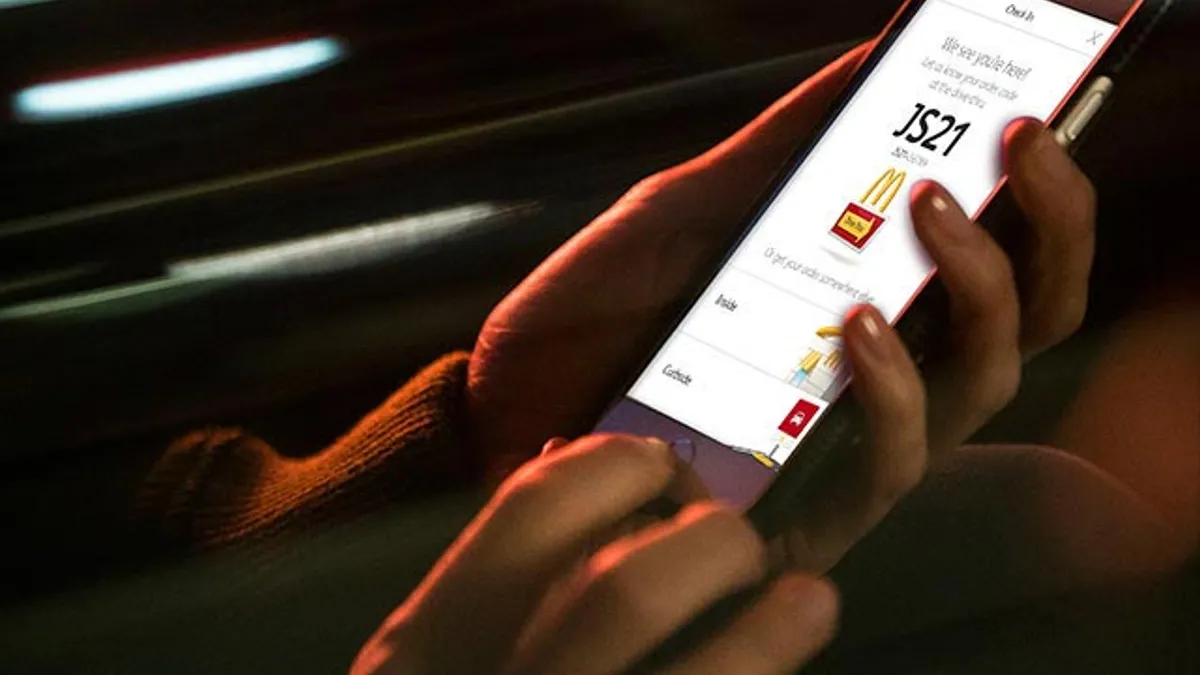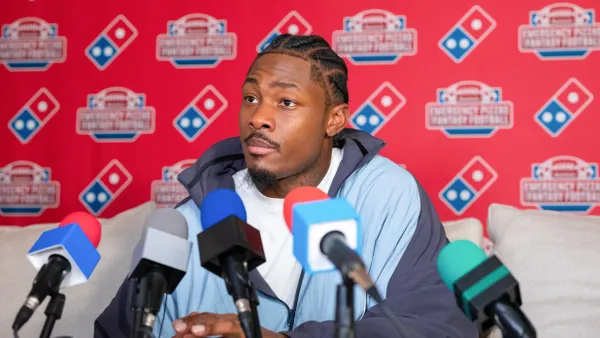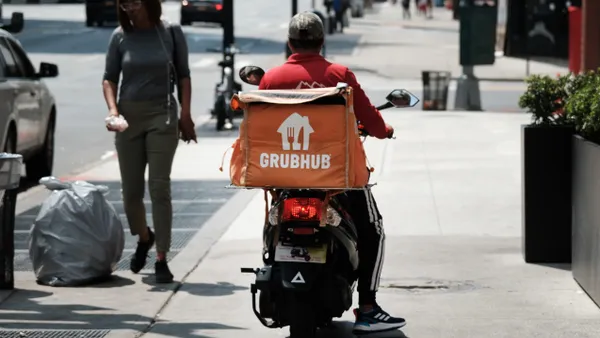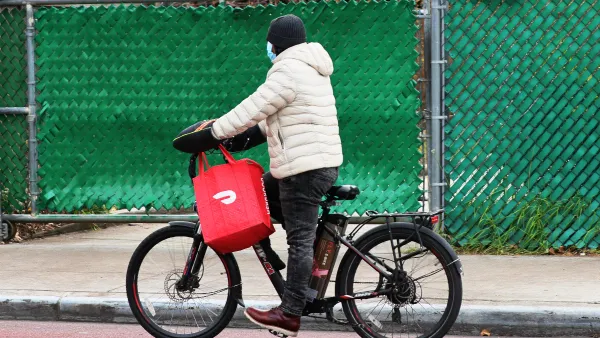Brief:
- McDonald's doubled the pace of downloads and registered users for its mobile app in Q3 2018, helping to drive more transactions, CEO Steve Easterbrook said in a conference call with investors and analysts on Wednesday. The app has been downloaded about 60 million times, letting the burger chain build a database of customer behavior that provides insights into purchase intent, he said.
- Many of the fast-food chain's markets have pushed special offers through the mobile app to drive incremental traffic and boost app utilization, the executive said. The company has expanded its use of technology in its restaurants worldwide, including ordering kiosks that are now responsible for more than half of all restaurant business in France, Italy and Spain.
- In related news from Burger King, the rival chain introduced an order and payment app in the U.S. during the quarter that's now integrated with about two-thirds of its restaurants. Customers downloaded the app about 2 million times within a few weeks of its debut, Daniel Schwartz, CEO of Burger King owner Restaurant Brands International, said in a conference call with investors.
Insight:
The quarterly results for McDonald's and Burger King show how mobile platforms and other convenient digital platforms have become the latest battleground in the burger wars. McDonald's got an earlier start with its first tests of mobile ordering and payment in 2017 before making an aggressive push to add the service to its more than 36,000 restaurants worldwide. While McDonald's saw a drop in foot traffic over the summer months, check averages were up, likely due to a mix of its digital kiosks and delivery options with Uber Eats. Easterbrook said McDonald's will devote more marketing attention to encourage repeat delivery orders and invest in integrating delivery into its mobile app and fresh packaging to keep food warmer during the delivery process.
Recognizing the need to offer customers a seamless digital experience, Burger King will continue to focus on enhancing its mobile app, using guest feedback as a guide, Schwartz said on the earnings call. The chain will also look to integrate with other technologies.
The transition to mobile ordering and delivery has not always been smooth for QSRs. In March, Easterbrook said customer adoption of the McDonald's mobile app was "pretty low," leading the company to work on improving the user experience, training employees and making the technology more reliable to add a greater level of convenience for customers. Easterbrook said the app had the biggest effect on boosting curbside pickup. The company's efforts appear to be paying off, as same-store sales got a lift from the mobile app in Q3, Andy Barish, an analyst at Jefferies, said in a report cited by CNBC. The report noted SimilarWeb data that showed average daily usage of McDonald's Android app rose by 20% to 40% during the summer months.
The reference to third-party technology integrations by Burger King's Schwartz suggests the chain may once again follow the path taken by McDonald's, which works with a number of different mobile-first platforms. Delivery is a key area of focus for these efforts. McDonald's last year partnered with Uber Eats on home delivery, although other third-party apps offer ordering and delivery from the burger chain in select markets.
Going forward, burger chains may look at integrating delivery directly into their own apps. More than half (53%) of consumers order food directly through a restaurant brand, compared with 36% for GrubHub, 31% for UberEats, 17% for DoorDash and 10% for Postmates, per E-Poll Market Research.











